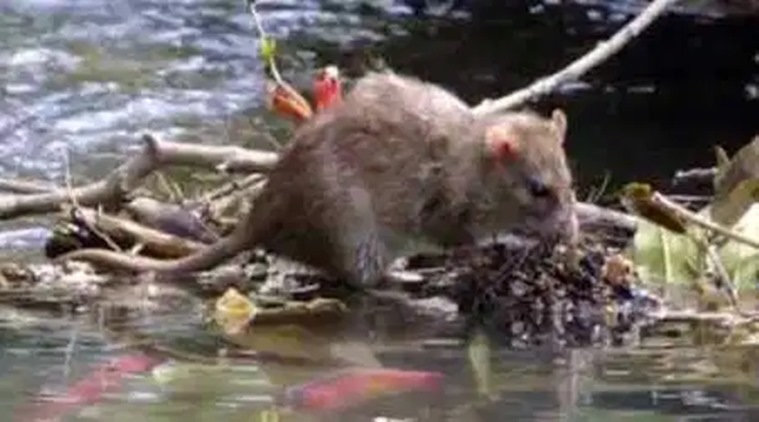 The BMC has recorded 14 leptospirosis and 11 dengue cases this July. Last year, 74 leptospirosis and 29 dengue cases were recorded in the same month. (Representational)
The BMC has recorded 14 leptospirosis and 11 dengue cases this July. Last year, 74 leptospirosis and 29 dengue cases were recorded in the same month. (Representational)
With the city facing heavy rains and waterlogging for three days, cases of leptospirosis are expected to rise in a fortnight. The leptospira bacteria commonly transmits through rodents and cattle via waterlogged areas.
Also, if a dry spell follows the rains, dengue cases are also expected to rise. The Aedes aegypti mosquito, carrier of dengue, breeds indoors once its finds stagnant clean water, as opposed to Anopheles mosquito, carrier of malaria, which breeds in dirty water found outdoor.
Even as the number of malaria cases doubled in July as compared to last year, cases of leptospirosis and dengue have declined significantly since 2019. The BMC has recorded 14 leptospirosis and 11 dengue cases this July. Last year, 74 leptospirosis and 29 dengue cases were recorded in the same month.
“Dengue, leptospirosis, H1N1, hepatitis and gastroenteritis are under control except malaria,” a BMC official said. Apart from testing patients with fever for Covid-19, the civic body has asked all hospitals and dispensaries to conduct rapid antigen test for malaria.
In May, 163 cases of malaria were reported, followed by 328 in June and 872 in July. While in May, only one leptospirosis and three dengue cases were recorded in Mumbai, the figure remained more or less same in June – one leptospirosis and four dengue cases. Of the 66,428 premises BMC had inspected for mosquito breeding, breeding spots were found and destroyed at 5,144 places.